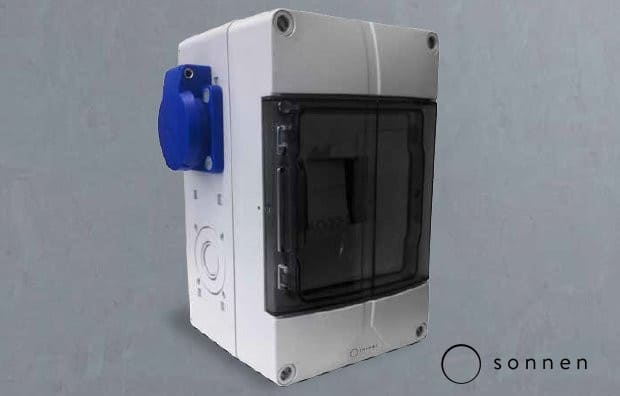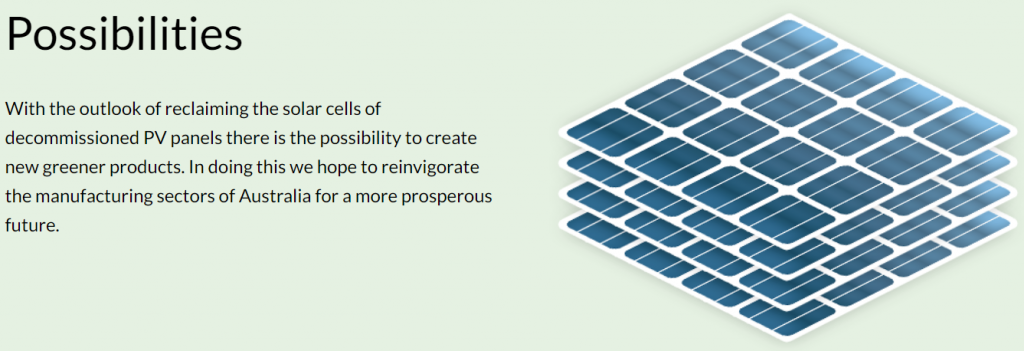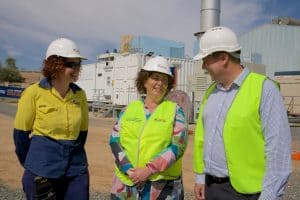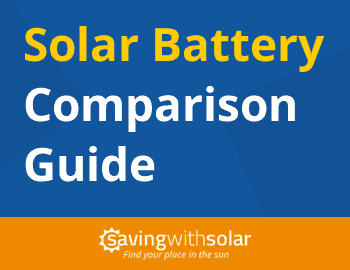Shell buys sonnen: German solar battery company Sonnen has been bought out by global giant Shell for an undisclosed sum. The purchase is still subject to regulatory approval but let’s take a look at what we can expect from this situation.
Shell buys Sonnen

Mark Gainsborough, executive vice-president of Shell New Energies, discussed the purchase: “Sonnen is one of the global leaders in smart, distributed energy storage systems,” he said.
“Full ownership of Sonnen will allow us to offer more choice to customers seeking reliable, affordable and cleaner energy.”
Shell New Energies was founded in 2016 to ‘advance the company’s interests in electricity, as well as biofuel and hydrogen’.
According to the ABC, sonnen’s new location in Adelaide will reap benefits: the local workforce is expected to expand by 430 jobs this year. This is part of sonnen’s plan to build 50,000 battery systems over the next five years.
sonnen CEO Christoph Ostermann said the investment will help the company scale faster and will also have a greater good in terms of energy tech:
“Shell will help drive the growth of Sonnen to a new level and help speed up the transformation of the energy system,” he said.
Ars Technica are reporting that the company have over 40,000 batteries installed worldwide – in Germany, the US, Australia, and more.
Shell last week confirmed they will extend New Energies into the Australian domestic market – which includes the construction of a 120MW solar project in Queensland – so this is a great step forward for him.
More News about sonnen in Australia
sonnen have quite a lot of history providing solar power in Australia – it remains to be seen what the Shell takeover will mean for the area, but in the meantime here are some other news articles about sonnen in Australia:
- sonnenFlat to offer ‘free power’ to Australians
- sonnenProtect 1300/2500 Blackout Protection
- sonnen move their manufacturing plant from Sydney to Adelaide




